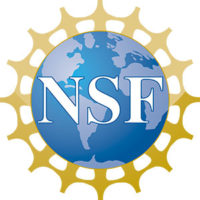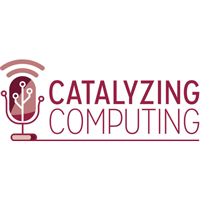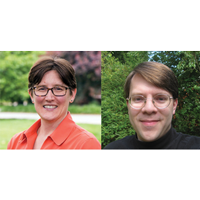
Re-envisioning Computing in Undergraduate Education
Colleges and universities across the country are experiencing a significant influx of students in their undergraduate computer science (CS) courses. Many of these students are seeking the “traditional,” CS-centric undergraduate degrees that have evolved over decades, along with changes in our field. But many other students are quite different from the students whom we have found in our undergraduate majors. While they are interested in computing, they are more interested in creatively applying sophisticated computational skills and methods to a range of disciplines from biology to linguistics to art. They understand that CS knowledge is critical to helping them succeed in nearly any job, that “every field is becoming an information field.”












